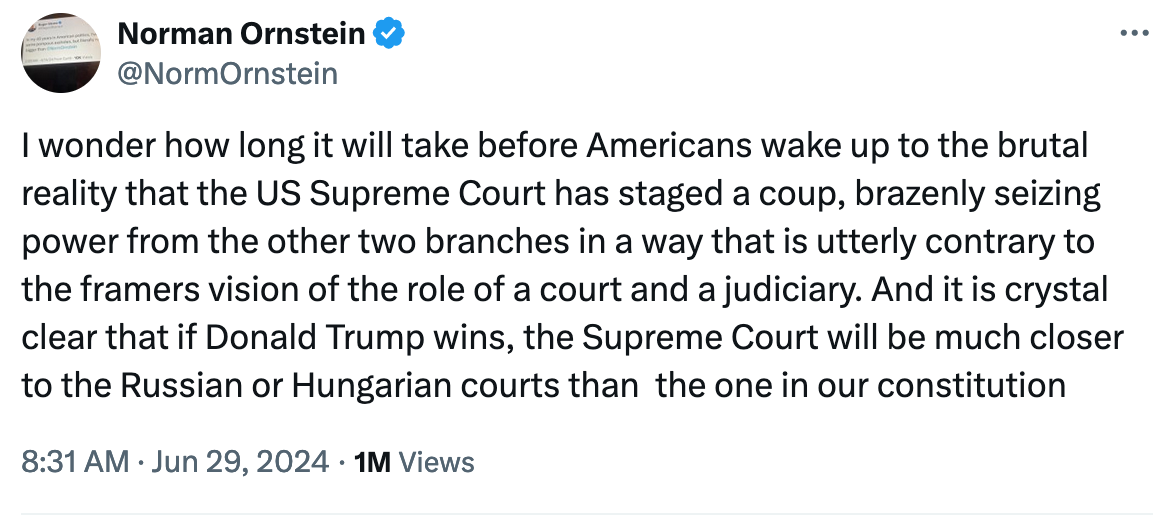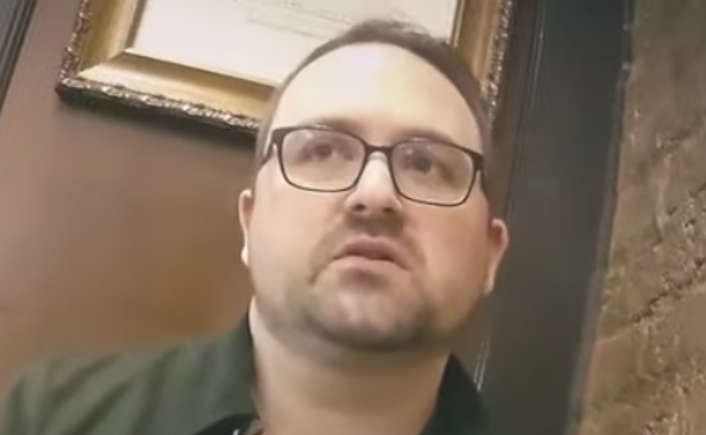BLUF
In short, the death of Chevron may be good for the state of the law as a whole, but it’s not the magic bullet some gun rights commentators seem to think it is.
Analysis: The Death of Chevron and the Future of Gun Litigation
Friday brought a rare instance of a no-nonsense Supreme Court decision unambiguously reversing prior precedent in a way that has far-reaching consequences–but maybe not for gun policy.
Loper v. Raimondo saw the Court stating, in no uncertain terms, that Chevron, “a decaying husk with bold pretensions,” is overruled. Twitter–and my email inbox–were ablaze with theories about what this might mean for gun litigation. In all likelihood, though, the impact on Second Amendment cases will be more muted than many expect.
It’s easy to understand why people might think Chevron would have had an outsized impact on the firearm space. After all, it seems as though the ATF–an administrative agency–has been the primary source of tumult for gun owners over the last three administrations. Where an admin agency is the source of pain, it seems natural to presume a legal concept that advantages administrative agencies would be a huge lever in that conflict. But practitioners and astute spectators alike would observe that Chevron hasn’t been invoked in the gun space very often at all.
Simply stated, Chevron’s death won’t be as dramatic as some commentators expect in the gun law arena largely because the ATF has been expressly disclaiming and attempting to avoid its application for years. Likely knowing Chevron was on shaky ground, and because its application to laws with criminal penalties is inappropriate, the government has fairly consistently simply asserted in gun cases that its legal arguments are ordinary legal arguments rather than agency arguments entitled to deference under Chevron.
To understand the tension here, it’s important to understand what Chevron actually did. Even when it was at its strongest, the application of Chevron was limited to situations where the statutory provision being litigated over was ambiguous, and there was a “permissible” agency interpretation. In those instances, the court would defer to the agency’s interpretation of the law, even if the court disagreed with the interpretation.
Chevron was always controversial, as it was in tension with the core legal principle that courts are the only ones who can say what the law is. That’s why the Supreme Court began walking Chevron back almost as soon as it was decided.
In fact, the Supreme Court hasn’t deferred to an agency interpretation under Chevron since 2016.
More pointedly, though, there is a critical reason you won’t see the government arguing that gun laws are ambiguous, which had always been a threshold question in Chevron cases. Why? Because gun laws almost always involve criminal penalties, and the longstanding rule of lenity states that in cases involving criminal consequences, any ambiguities in the law must be resolved in the least restrictive manner. This would make the road to proper reliance on Chevron, on the part of the government, a minefield of instant losses.
That is not to say that the death of Chevron won’t have any impact on gun litigation. But it will most likely be more nuanced than revolutionary.
For example, as explained, the ATF has been making its legal arguments for years now by basically saying, “this is how you ought to read the law, even if you weren’t deferring to us.” Even where Chevron wasn’t supposed to be applied, including in criminal cases, it’s quite likely the overarching idea of Chevron–that administrative agencies are experts and thus know more about the laws they are tasked with–has poisoned the minds of judges all the way down, manifesting as subconscious deference to the agency’s interpretation of the law.
This vestige of Chevron is probably the most lasting, and unfortunately–as the dissent in Loper makes clear–that idea will be very hard to shake. The simple fact is, though, that no matter how technical a statute is, they are meant to have come through the legislature, which is–for better or for worse–a bunch of lawyers. While nerdy, lobster-clawed science-types at the EPA might have nuanced understandings when it comes to sniffing nitrogen, that doesn’t change the fact that laws have to be consistently interpreted.
In short, the death of Chevron may be good for the state of the law as a whole, but it’s not the magic bullet some gun rights commentators seem to think it is.




